Big Ideas in Education: What Every Teacher Should Know by Dr Russell Grigg provides an accessible and easily understood introductory guide to the big ideas that really matter in education. The teaching profession is saturated with ideas. Unfortunately, some of these are half-baked or fundamentally flawed. Dr Russell Grigg moves beyond the unhelpful supposed dichotomies that pervade current educational thinking child-centred versus teacher-centred, traditional versus progressive. Throughout the book, readers are invited to question assumptions and popular rhetoric and reflect on their own experiences. Big Ideas in Education aims to equip teachers with a good understanding of current thinking in a diverse, fluid and dynamic field. Each of the big ideas is discussed within the framework of four questions: what is the big idea, who is behind it, why is it important and what can you do? Big ideas are important, distinctive, empowering, adaptable and simple to understand. Dr Russell Grigg provides readers with a concise and reliable introduction to twelve such ideas, which are at the core of educational practice. The ideas chosen are general rather than subject-specific in nature. In turn, they invite the reader to look at teaching in wider society, address elements of learning which teachers actively promote, raise questions about why, how and what to teach and, finally, look at ways of improving the quality of education. The twelve big ideas under discussion are: (1.) Education education goes beyond the school gates and is a lifelong experience. (2.) Childhood children need time and space to explore, enjoy learning and develop as children rather than miniature adults. (3.) Knowledge knowledge is the foundation for learning. (4.) Skills learners need to develop a broad range of skills in real-life, relevant contexts. (5.) Dispositions effective learning depends upon cultivating positive dispositions. (6.) Ethics teachers' conduct should be guided by a moral purpose. (7.) Instruction direct instruction is a tried-and-tested means of effective teaching. (8.) Curriculum the curriculum is all the learning and assessment activities in school, both planned and unintentional, that contribute to agreed educational goals. (9.) Feedback providing personalised, accurate, specific and timely feedback is one of the keys to improving learning. (10.) Reflective practice good teachers critically analyse their practice with a view to improving what they do. (11.) Research research has a central role to play in the professional development of teachers. (12.) Professional leadership effective school leadership operates at all levels and is about shared vision, support and securing improvement. An ideal book for busy teachers who need to be kept up to speed with the latest thinking in education, this comprehensive guide provides the essential knowledge to keep you fully informed, whether leading staff discussions, submitting assignments or preparing for interviews. Suitable for teachers in any setting, from trainees and NQTs to more experienced practitioners looking to reflect on their practice, the book will also appeal to school leaders and teacher training providers.
Big Ideas in Education : What every teacher should know
Begin vandaag nog met dit boek voor € 0
- Krijg volledige toegang tot alle boeken in de app tijdens de proefperiode
- Geen verplichtingen, op elk moment annuleren
Auteur:
Taal:
Engels
Formaat:
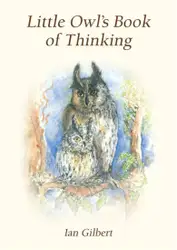
Little Owl's Book of Thinking : An Introduction to Thinking Skills
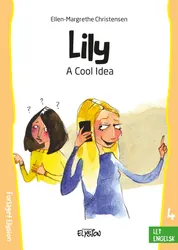
A Cool Idea

The School and Society

10 didactic activities for intermediate english classes

Sleeping Beauty

Bad Luck
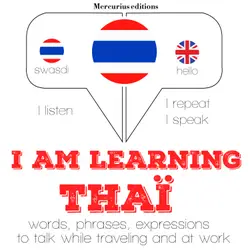
I am learning Thai : "Listen, Repeat, Speak" language learning course

A Grammar of the English Tongue

How To Stop Worrying And Start Living : Enriched edition.

Turkish Parallel Audio - Learn Turkish with 501 Random Phrases using Parallel Audio - Volume 1 :
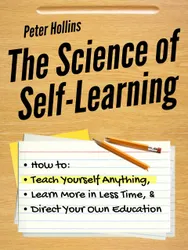
The Science of Self-Learning : How to Teach Yourself Anything, Learn More in Less Time, and Direct Your Own Education
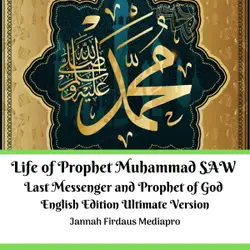
Life of Prophet Muhammad SAW Last Messenger and Prophet of God English Edition Ultimate Version




